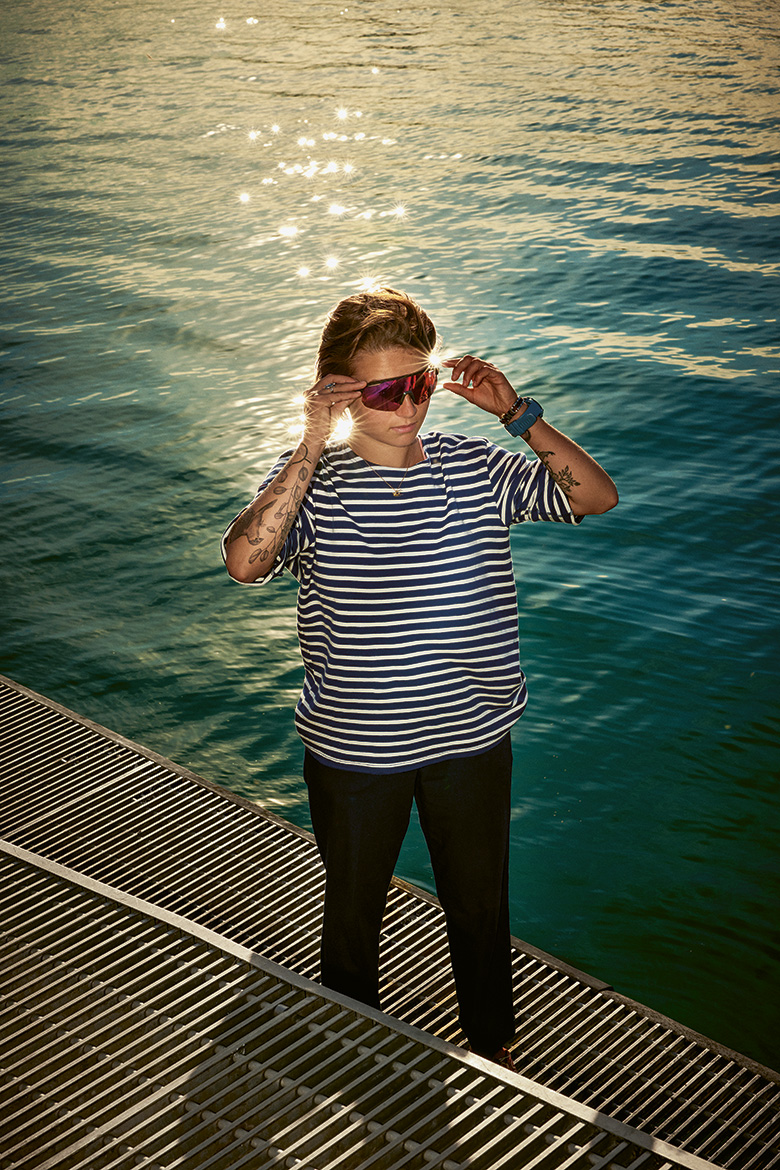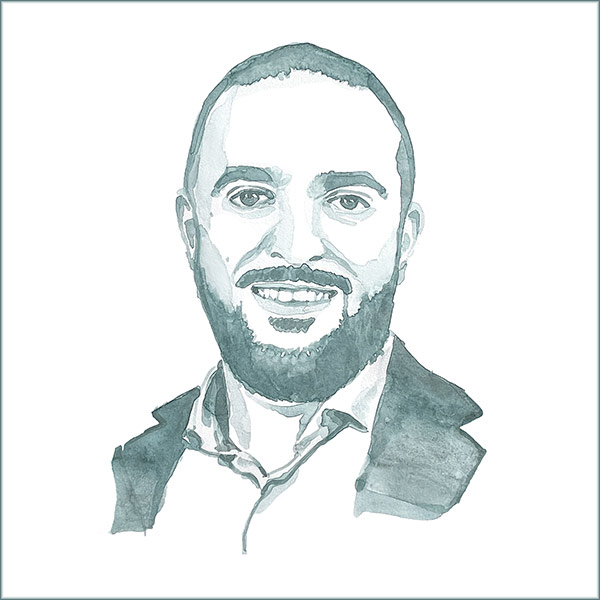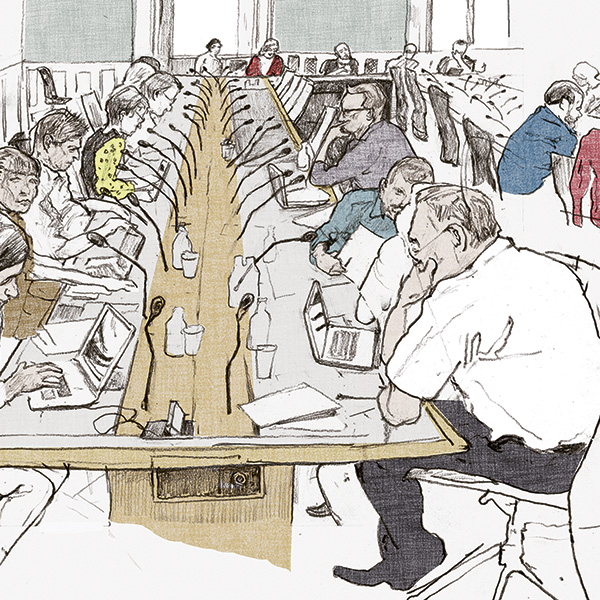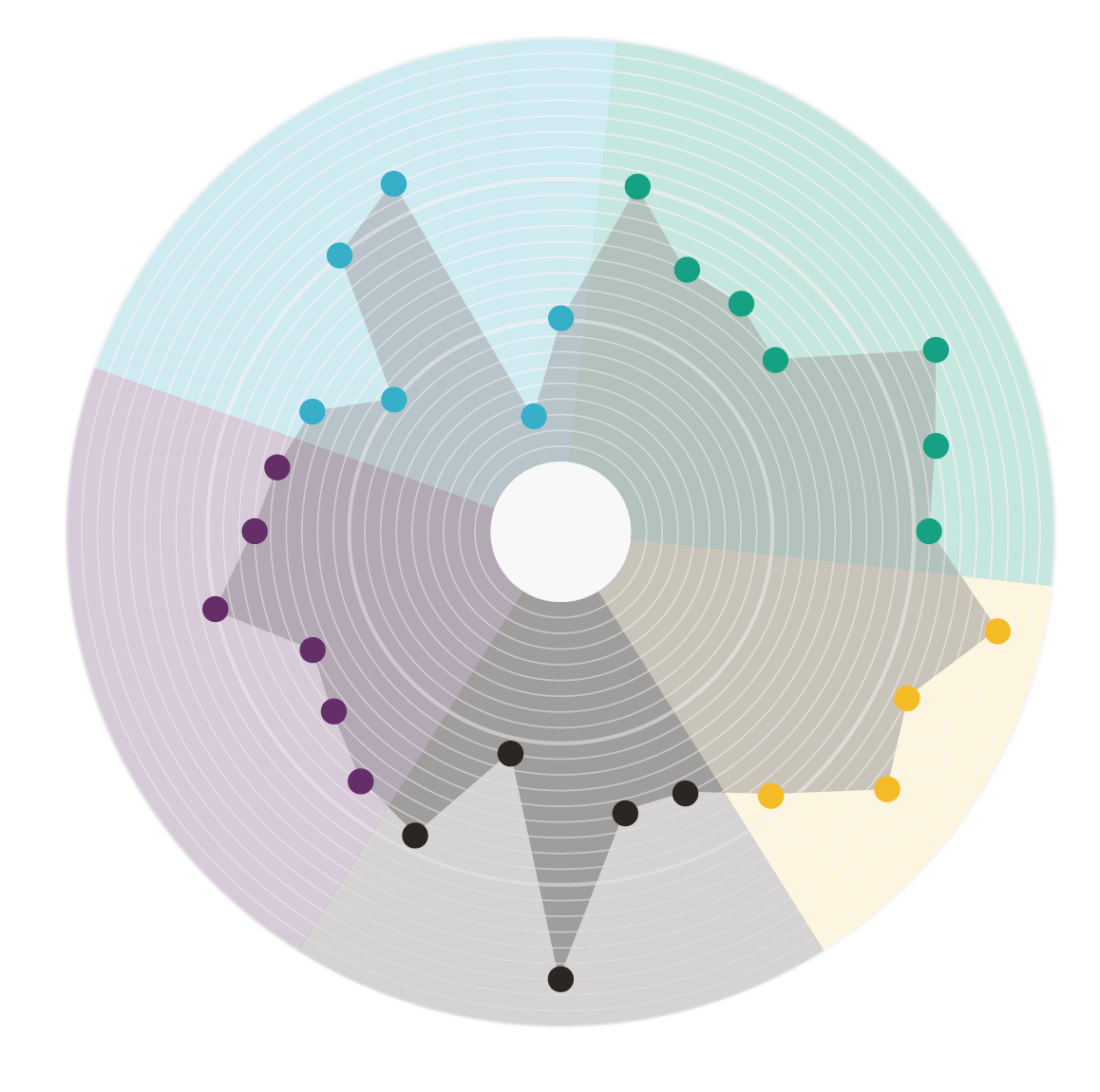PORTRAIT
The young woman and the sea
She passed her baccalaureate at 15, ran away from home at 16, and two years later set off on a 14-month scientific expedition to the sea. Margot Camus-Romelli returned profoundly changed, and is continuing her quest for meaning.

While still on land, Margot Camus-Romelli put all her energies into realising her ocean-going project. But then she had to admit that her research tasks on board were less fulfilling than expected. | Photo: Sébastien Agnetti / 13Photo
“My phobia is being behind a desk. And it’s complicated to avoid that when you’re an engineer. To put it simply”. The initial contrast of ‘complicated versus simple’ heralds many others. In an interview of an hour and a half, Margot Camus-Romelli swirls between marine biology and melancholy, desert and apnoea, literature and near-death experiences. She is 22 years old and a master’s student at EPFL. She has as many projects in her head as she has questions. She’s a self-doubting, whirlwind-personality performer and a go-getter who slows down once she’s on the water.
At the end of the pandemic, she was still in the second year of her bachelor degree, aged 19. That was when she launched a student association at EPFL to set up scientific expeditions on seas and lakes. Sailowtech aims to help preserve the oceans by collecting scientific data on plankton and their environment. The aim is also to democratise science and encourage her colleagues to experience aquatic ecosystems for themselves. She manages a budget of CHF 180,000, finds sponsors and builds partnerships with ocean research institutes.
The ‘low tech’ tucked into the association’s name indicates that it is also about creating a more frugal science. Students and researchers are building three of the onboard instruments, including an underwater observation camera and a sensor that measures water temperature, electrical conductivity and depth. In her own words: “I wanted to show that good quality research can be done economically, while reducing its environmental impact. Science is still too often elitist, pecuniary, and not very respectful of the environment”.
Student, sailor, author
Margot Camus-Romelli (22) began her studies at EPFL in 2019 and is now pursuing a master’s degree in life sciences. She founded the student association Sailowtech and was for a while its chairwoman. It develops scientific instruments using simple technologies and conducts scientific expeditions on lakes and at sea. She led an expedition for 14 months in the North Atlantic and is now in the final stages of writing a book. She was born in Tunis and grew up in Brittany. Her grandfather was a sailor, her great-grandfather an aviator.
Her first project was called Atlantea: 14 months at sea, 25,000 kilometres in the North Atlantic, and hundreds of analyses and samples, including observations of over 300 species of plankton. The crew consisted of a skipper and six students, two of whom changed every three or four months. Life on board was punctuated by daily water sampling and analysis, routine tasks and navigation. Days in port were spent transmitting data, sending samples for genetic analysis and coordinating with partner research teams. Camus-Romelli was one of the scientific coordinators, identifying plankton under the microscope, managing the stewardship, and cooking.
Shaking up certainties
On the one hand, “life is easy on a boat”, she says, “because even though conditions are tough, with no comforts and no space, you have to let yourself go. We have no telephone, no internet, we go from point A to point B. The weather and the rhythm of the days and nights dictate our itinerary”. On the other hand, the experience made her question herself profoundly: “I had carried the project with sheer grit on land, but once we were at sea, my certainties collapsed”.
“It was the immensity of the ocean and the intense cold at the end of the Greenland mission that did this to me. I realised that I was less interested in the research tasks on board than I had expected, and that I was having trouble managing day-to-day life. I felt empty, like an imposter who had let her team down”. She spent a lot of time thinking, immersing herself in the seascape, diving and free-diving.
The return to land in August 2024 was tough. “It took me several months to come to terms with everything I’d gained from the expedition. You come back from the sea totally transformed, but it seems that nothing has changed back on land. You find yourself completely out of sync”. To digest this stage, she has been writing a book about her experience, which she now wants to send to publishers. It combines personal reflections with childhood memories, poetry and watercolour sketches.
She has since left the association and resumed her master’s studies at EPFL, swapping marine biology for diving physiology – she is planning an eight-month stay in the United States to study the changes in nitrogen in the human body at a depth of 100 metres.
One of her motivations is to contribute to the democratisation of diving, which enables valuable scientific data to be collected for the protection of marine environments. She also has another: “this activity is a vector of wonder that can lead to the awakening of your conscience. You need to be aware of this absolutely marvellous, sensitive experience: being underwater, meeting the living creatures that inhabit the sea, seeing a coral bleaching, or a shark caught in nets”. She insists that “without the ocean, humans die”.
The shock of the desert
Having been born in Tunisia, Camus-Romelli lived in Morocco until the age of six, when her family moved to Brittany. She returns to the Maghreb every year and, at the age of ten, first experienced the desert: at the top of a dune, she discovered an ocean of sand stretching to infinity. It was “an incredible opportunity”, but also “an experience that was almost overly violent”, forcing her to be constantly in touch with nature. “Something opened up at that moment that has never closed. All my life, I’ve felt like an outsider, evolving in a world I don’t understand, too brutal and too disconnected from a gentler existence” – a paradox for someone who runs from one project to the next, and who says she has great difficulty settling down.
She took her baccalaureate by correspondence when she was 15 years old. She ran away the following year to avoid being beaten by a violent father – it is as important to her not to hide this episode in her life, as it is to stress the importance of forgiving and moving on. She also recounts a near-death experience, when an examination into a heart problem went wrong in hospital. She had another near-death experience when she took free-diving training too far during the Atlantea expedition. Her quest for meaning seems far from over.
Today, Camus-Romelli works as a sailing instructor, has joined a free-diving club, is taking part in a public-speaking competition, and is training as a coach – not for others but to coach herself. Her master’s degree also includes courses in management: “We need the contributions of people who do science for science’s sake, but that’s not for me. I want to contribute to a science in the field that is perhaps less ethnocentric. That means dealing with political, social, health and economic issues. I also have a big dream: to work for the ICRC”.
She says that she is very grateful to EPFL, which awarded her a scholarship when she was 17 years old, and that she feels at home in Switzerland. “The people here are not the slackers that are sometimes described, but enterprising and open to adventure”. Our quiet little country could even become an anchorage point for her and her vast horizons.



